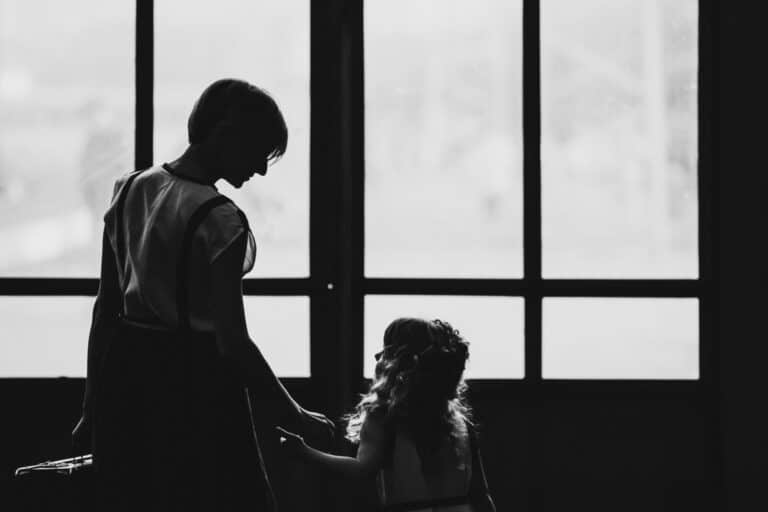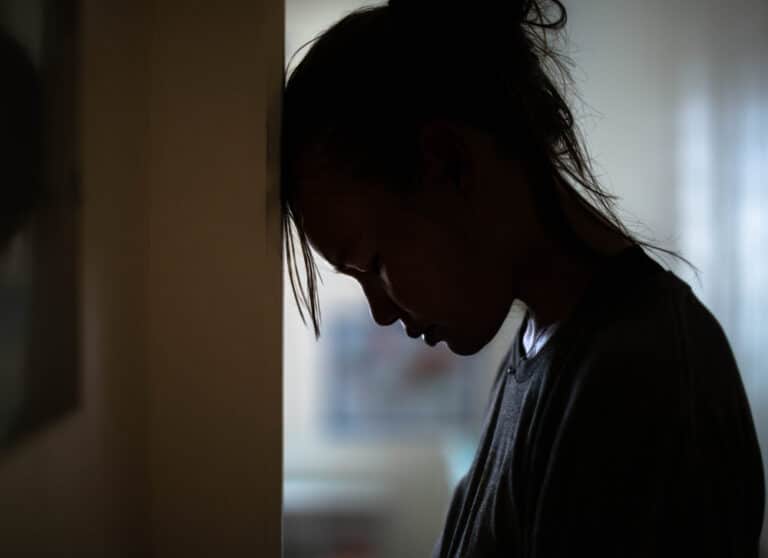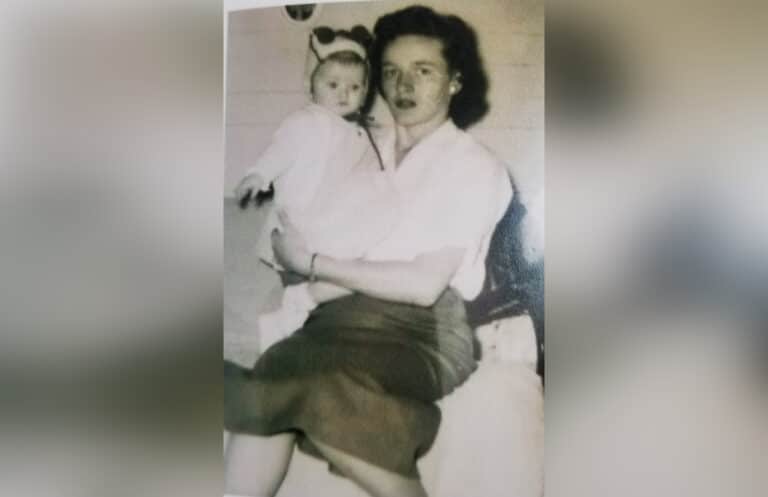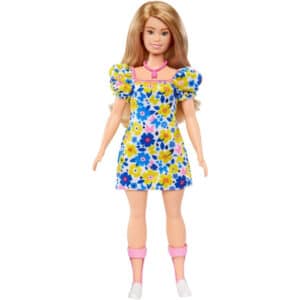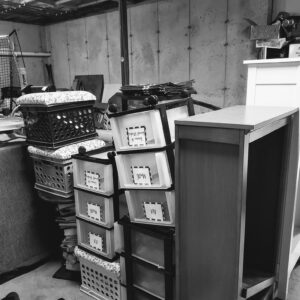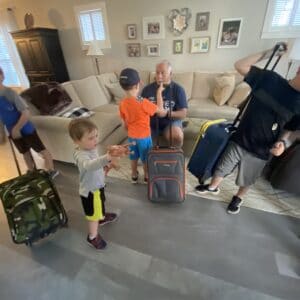“I would die for my child, ”a well-known, often said sacrificial statement. I didn’t really know how my fierce love for my child would manifest until the first time she was extremely upset, and I didn’t know why.
Readers, I would have cut off a finger to console my baby.
I would die to protect her.
Both are strong, love-filled sentiments. And both, God willing, are unnecessary.
But there’s a daunting task that is absolutely necessary. At times it needs to be a conscious decision. Sometimes it’ll require taking care of yourself so you can better care for your child. Sometimes, for some, it will literally seem harder to do than to die for your child.
It’s living for your child.
Postpartum depression can sneak up on anyone, and I’ve heard heartbreaking stories of just how deeply it affects moms. Good moms. Awesome moms.
RELATED: I Have Anxiety and Depression—and I’m a Good Mom
It’s too early to tell for me, but unfortunately, I have almost every risk factor there is. But I also have a rocking support system and wonderful physicians looking out for me.
Whether it’s PPD or your normal, garden-variety depression, I hope my daughter knows someday that it’s nothing to be ashamed of, and that she, her daddy, our extended family, the life God has graciously given to me—these are all reasons to live and live well.
I never want my child to go through life wondering why I left and why she and her dad weren’t enough for me. I can’t ever succumb to the depression that often looms because this is where God has placed me, and there’s a tiny person who needs me.
I need to be here for all the scraped knees, all the bike rides and swings, all the new foods, and doctor’s visits. Lord willing, I’ll be there for every first day of school and every night of homework.
As much as it depends on me, I will do everything I can to live for my child as well as I can.
I’ll take breaks when I need to, do my devotions, pray, go to church, and set an example for my daughter in spiritual disciplines. I won’t be perfect, but I’ll be here, as present as I can be, for as long as I can be.
And someday, when the time is right, she’ll learn about depression and the effects it has on me. But hopefully, by then, she’ll also know what an absolute joy she is in my life and how committed I am to staying as long as I can for her.
I may never have to throw myself in front of a car to save my child, but I take my medicine daily. This helps me live for my child.
RELATED: I Made PB&J Sandwiches, Then Got in the Car to Die
I may never have to surrender a limb to make my child comfortable, but I open up to other new and experienced moms, and I try hard not to isolate myself from fellowship because this helps me live for my child.
I eat as well as I can, I get as much sleep as I can, and I make time to sit down with my husband and share a dessert and just talk.
Taking care of myself and making time to work on my marriage helps me live for my child.
I love her (and her dad) too much not to do whatever I can to mitigate the depression and hopelessness and desperate thoughts that I’m already no stranger to.
I can say I would die for my child until I’m blue in the face. But that means little if I’m not making the decisions and taking the steps that I am called to.
I will probably never be called to die for my child. But I am called to live for her. To daily make the decisions that help me be a good steward of my mental health so I can be a good steward of this tiny little life my husband and I are called to raise.
I would die for my child.
But I will live for her.
Originally published on the author’s blog

If you liked this, you'll love our book, SO GOD MADE A MOTHER available now!
Order NowCheck out our new Keepsake Companion Journal that pairs with our So God Made a Mother book!
Order Now


